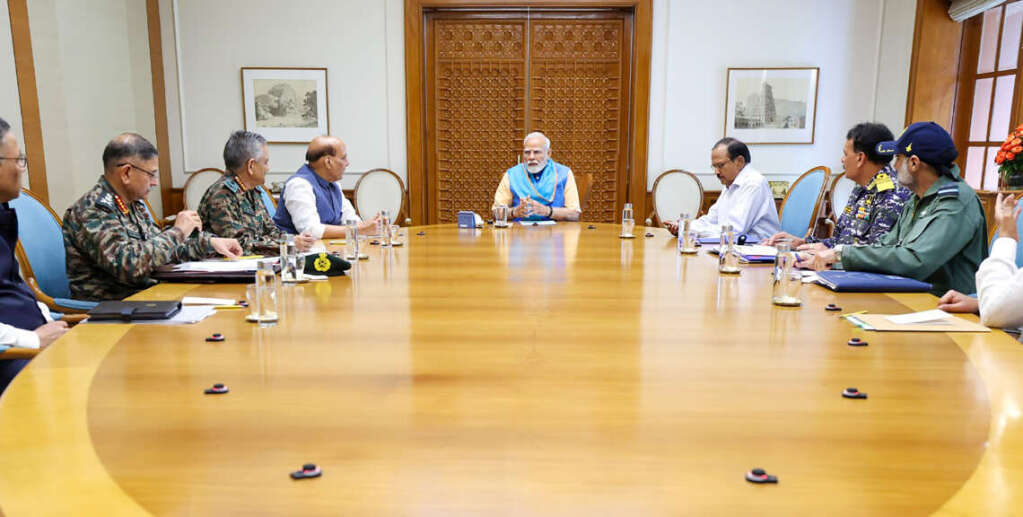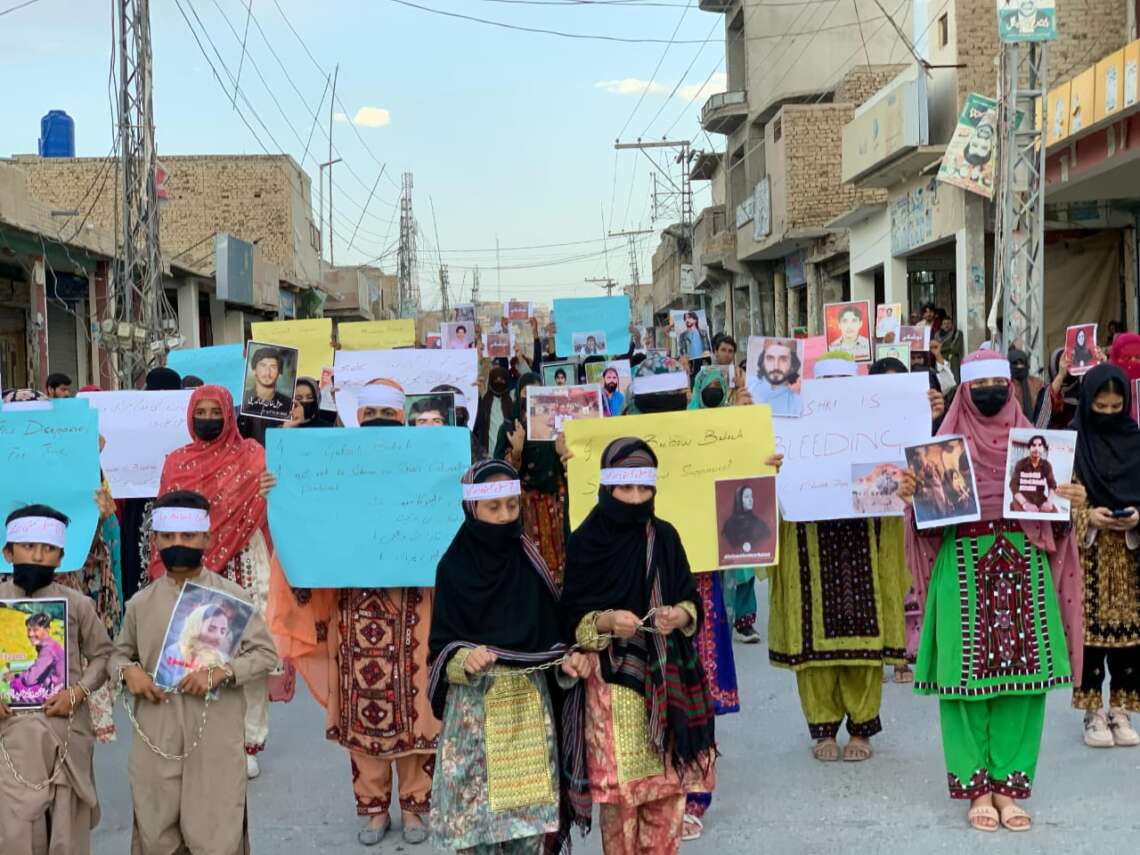The current decision of Pakistan is a classic case of the Paradox of Punishment, where the punisher is inadvertently affected by negative consequences, writes Dr SaKariya Kareem
The recent flare-up in India-Pakistan hostilities—thankfully short of full-scale war—originating from a Pakistan-backed terror attack in India’s Pahalgam, also carries critical economic implications that could severely impact Islamabad in the long run.
Three days after the Pahalgam attack, Pakistan, in a move that, in retrospect, is like shooting itself in the foot, suspended all trade with India, including through third countries. The move was, at best, inconsequential and juvenile, as India is not expected to be impacted by the trade freeze. On the contrary, it is Islamabad itself that bears the brunt of such diplomatic measures.
As per the recent trends, New Delhi’s import dependence on Pakistan is non-existent, as its imports are absolutely zero. On the other hand, Pakistan imported Indian merchandise of about $500 million for the first nine months of the last financial year. In April to January of FY25, Pakistan imported commodities like essential medicines, sugar, chemicals, auto components, and petroleum products from India, estimated worth $448 million. Moreover, in FY2024, Pakistan imported goods worth $1.2 billion from India, which was a significant increase from $530.91 million in 2023. On the other hand, imports to New Delhi were at a paltry value of $6.42 million in 2024. Pakistan mainly imports pharmaceutical products, sugar, and sugar confectionery, and vehicles from India.
Since the Pulwama attack in 2018-19, the bilateral trade ties have broken down between the two nations, because of Pakistan’s support to terrorist activities. Though in 2018-19, India exported goods worth $2.07 billion to Pakistan and imported Pakistani merchandise worth $495 million, in the subsequent years, Indian exports to Pakistan fell by 60.5% and Pakistani exports to India plunged by 97.2% in value.
However, the official numbers may reflect Pakistan’s trade freeze with India, the reality is expected to be a little different. It is uncanny that inflation-struck Pakistan can afford to float without Indian imports. Hence, despite the announcement of no-trade even via a third country, it is unlikely to continue in practice. Many Indian products enter Pakistan after getting re-labeled in third countries, and this trade is estimated at $10 billion by value..
The experts agree unanimously that Pakistan is in a bigger trouble due to the trade ban. As mentioned, indeed, numbers do speak a lot about Islamabad’s trade dependence on New Delhi. However, it also stands to lose a small yet valuable portion of the Indian market.

This is an undesirable and trade-wise a sub-optimal situation for an inflation-ridden weak economy, which is expected to face more pressure. It stands to lose its trade routes and access to crucial goods like Indian raw materials and medicines. To add to this, Pakistan is a major importer of medicines, with imports worth $823 million in 2023. Among other countries, India has been one of the major sources of medicine imports. Pakistan imported pharmaceutical products worth $89 million from India in 2023. In 2023, the Drug Regulatory Authority of Pakistan (DRAP), the nation’s drugs regulatory watchdog had announced that the import of vital medicines, including anti-cancer drugs and vaccines, was allowed from India due to the unavailability of certain essential medicines in Pakistan, despite sour bilateral trade. Given the scenario, one can’t help but wonder who Pakistan is in fact punishing with the trade freeze.
Adding to the economic woes, the Pakistan stock market also bore the brunt of the Pahalgam terror attack. The geopolitical tensions led to the crash of Pakistan Stock Exchange (PSX), registering a sharp decline of over 2,500 points. The investors’ sentiments in Pakistan are already weak to begin with, and the downgraded economic growth forecastand repercussions of the terror attack added fuel to the fire.
Furthermore, this week, the IMF has responded to the growing geopolitical tensions by slapping 11 new conditions on Pakistan before releasing the next tranche of its bailout programme. As warned by the IMF officials, the escalating tensions between India and Pakistan have heightened the risks to the fiscal, external, and reform goals of the IMF bailout programme.
The current decision of Pakistan is a classic case of the Paradox of Punishment, where the punisher is inadvertently affected by negative consequences. Islamabad’s move is paradoxical, leading to multi-fold damages to the economy’s health sector, trade and business, and markets at large. This move, intended to send a message, has sidelined the welfare of its citizens, hindered economic growth, and undermined the objectives of the IMF bailout. Moreover, the move hasn’t affected New Delhi in the slightest. Pakistan stands to lose significantly—both now and in the future—from this geopolitical standoff, more than it may currently realize.









